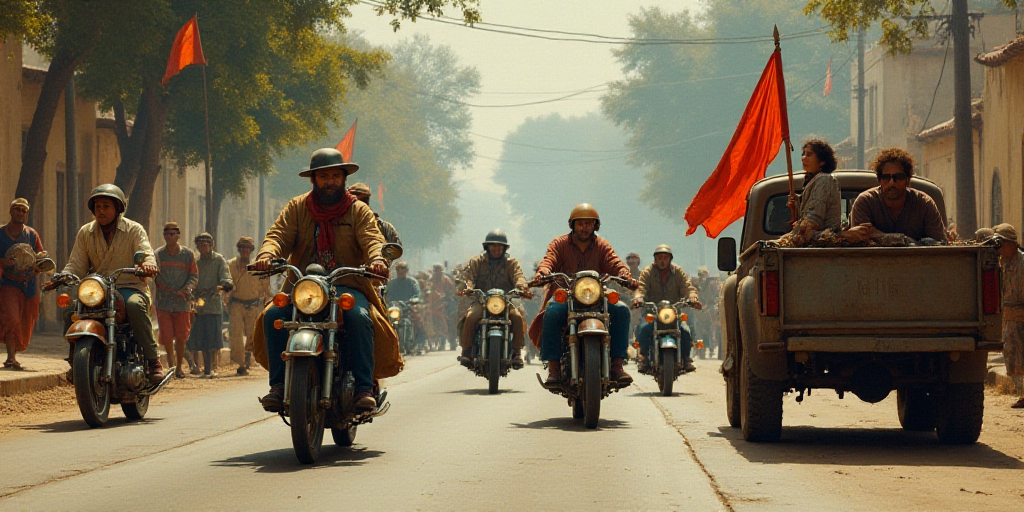Background and Context
The United States has re-listed Cuba and maintained Venezuela on the terrorism non-cooperation list, according to a statement from the Department of State on Tuesday morning. This decision comes as President Donald Trump intensifies pressure on the island nation following his return to the White House for a second term.
Previous Actions and Key Figures
On January 20, the day of his inauguration, Trump reversed a decision made by his predecessor Joe Biden to remove Cuba from another blacklist, the list of countries sponsoring terrorism. Marco Rubio, a Cuban-American and the current head of diplomacy, has been instrumental in tightening the screws on Cuba.
Tammy Bruce, the Department of State spokesperson, stated that “In 2024, the Cuban regime did not fully cooperate with the United States on counterterrorism matters.” She also mentioned that four other countries—Venezuela, North Korea, Iran, and Syria—remain on the list.
Implications of the Listing
Being included in the “country not fully cooperating” (NFCC) list implies a prohibition on selling or licensing defense articles and services to Cuba. For over six decades, the U.S. has enforced a commercial embargo on Cuba, which Trump further tightened during his first term (2017-2021) with multiple measures, including relisting Cuba as a state sponsor of terrorism.
Before taking office in 2021, Biden pledged changes regarding Cuba but postponed them following the government’s crackdown on anti-government protests in July 2021, which left one dead and dozens injured. Just before leaving office, he eased sanctions to facilitate the release of hundreds of political prisoners in Cuba.
Current Situation and Cuban Response
Mike Hammer, the U.S. representative appointed during Biden’s term, travels across Cuba to personally assess the situation of dissidents, which irritates the Cuban government. Cuba denies the existence of political prisoners and accuses opposition members of being “U.S. mercenaries.”
The island nation faces a severe crisis that has prompted hundreds of thousands of people to migrate to the U.S., both legally and illegally, in the past three years, according to official data.
Key Questions and Answers
- What does it mean for Cuba to be on the terrorism non-cooperation list? It implies that the U.S. cannot sell or license defense articles and services to Cuba.
- Who are the key figures involved in this decision? Marco Rubio, a Cuban-American and the current head of diplomacy, has played a significant role in intensifying pressure on Cuba.
- How has the U.S. policy towards Cuba evolved under Trump and Biden? Under Trump, the U.S. tightened its embargo on Cuba and relisted it as a state sponsor of terrorism. Biden initially promised changes but postponed them due to the Cuban government’s response to protests and eventually eased sanctions before leaving office.
- What is Cuba’s stance on the situation? Cuba denies having political prisoners and accuses opposition members of being U.S. mercenaries.






